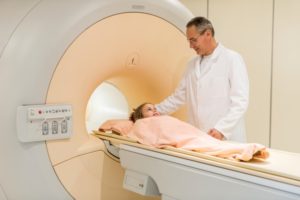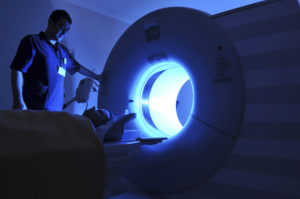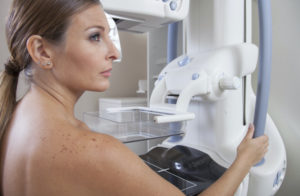Estrogen and Breast Cancer: Risk and Risk Management
 It is easy to get confused when it comes understanding the role of estrogen in breast cancer. Estrogen, after all, is just a hormone, and hormones are natural ways for the body to regulate itself and its functions. Aren’t naturally occurring things, well, naturally good for you?
It is easy to get confused when it comes understanding the role of estrogen in breast cancer. Estrogen, after all, is just a hormone, and hormones are natural ways for the body to regulate itself and its functions. Aren’t naturally occurring things, well, naturally good for you?
Mostly, yes.
Estrogen is important in regulating cycles, and in other aspects of the female body, like developing breasts. It is a necessary part of normal reproductive functioning. But over time, the body can be exposed to a lot of it. And there are some strong theories which lend credence to the idea that too much estrogen can have a negative effect in terms of breast cancer.
There are circumstances that will result in a greater lifetime exposure to estrogen circulating in the bloodstream, including early menarche and late menopause. This higher lifetime exposure to estrogen is related to a slightly increased risk of developing breast cancer.
During pregnancy, another hormone called progesterone takes over as the main circulating hormone. This basically gives the body a break from what is sometimes called unopposed estrogen. Essentially, having children, especially before the age of 35, is a way to take a breather from the constant estrogen cycle. This may be one of the factors related to the reduction in risk pregnancies seem to give women.
Another manageable method of hormone regulation is maintaining a good weight: After menopause, the amount of fat in the body influences how much estrogen is around. The less fat, the less estrogen, the less risk for breast cancer.
When it comes to breast cancer, we’d like to not have it at all, but if we must, we want to be detected early. And knowing your risk is one way of helping yourself out. You may only be able to control, in small part, the presence of estrogen in your body, but the rest of the picture is knowing where you fall on the spectrum. We’ll be writing more about this in the future, stay tuned! Armed with this information, you can shed some light on your own health risks and be proactive in taking care of your breast health.
Image credit: Estradiol by Klaus Hoffmeier via Wikimedia Commons; Copyright Public Domain.
Originally published 6/3/13 on mammographykc.com.





